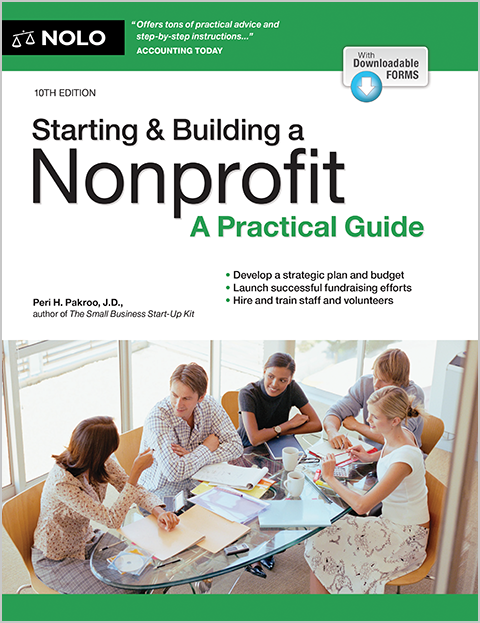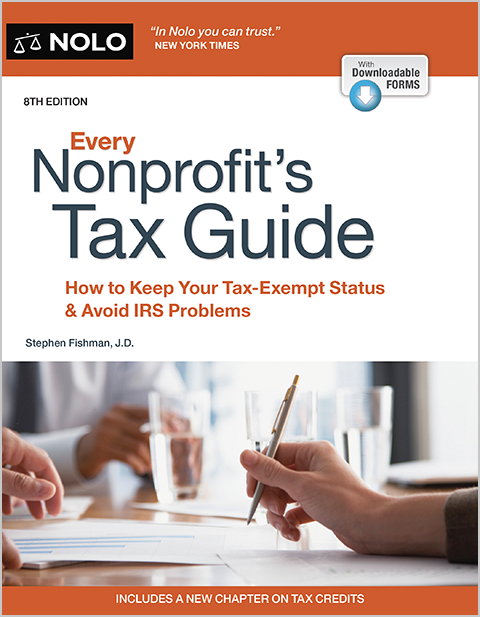Directors and officers who are paid by a nonprofit must be classified for payroll and other tax purposes.
Directors and officers who are paid by a nonprofit must be classified for payroll and other tax purposes. They can either be employees or independent contractors. The nonprofit must withhold and pay payroll taxes to the IRS for employees. There is no such requirement for independent contractors. So, how do you decide how to classify your nonprofit's directors and officers?
Nonprofit Directors
Often, directors of a nonprofit are not paid for their services as directors so they are considered volunteers. Since they receive no compensation, there are no tax issues to be concerned about. However, if directors are paid to attend board meetings or perform other services related to their role as director, they must be classified as independent contractors for IRS purposes. Why? Because as members of the governing board, directors are responsible for the overall direction and management of the organization and would not meet the right to control test for employee status.
Nonprofit Officers
A nonprofit's officers include its president, vice president, secretary, treasurer, executive director, and chief executive officer (CEO). Officers are usually classified as employees because they work under the board of directors' direction and control. However, there is one limited exception. An officer is classified as an independent contractor if he or she receives no compensation and performs no services, or only minor services, for the nonprofit.
Example: Xavier is an accountant who serves as a nonprofit corporation's treasurer on a volunteer basis, keeping the nonprofit's books in order. His work as treasurer is subject to the board of directors' control, so he should be classified as an employee for IRS purposes. As a practical matter, however, this doesn't mean much. Because Xavier is paid no money by the nonprofit, there are no taxes to withhold or pay.
Directors Who Are Officers
A director who also serves as an officer would be classified as an employee in his officer capacity and an independent contractor in his director capacity. Money paid to such a person for work as an officer would be subject to employment tax and withholding, while any money paid for his services as director would be as independent contractor payments.
To find out more about complying with IRS nonprofit standards, see Nolo's book, Every Nonprofit's Tax Guide.



